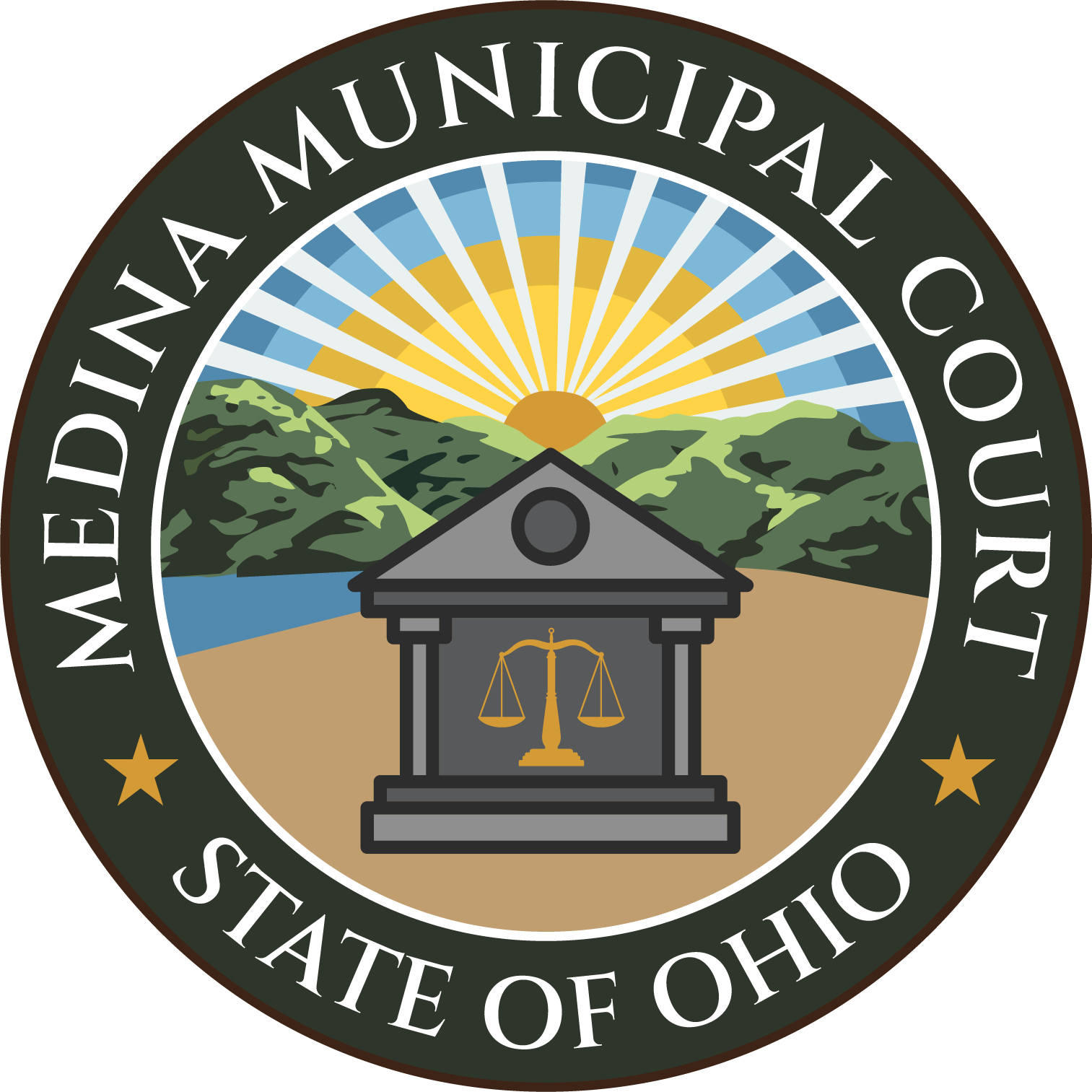Legal terms can be pretty confusing to people who are not familiar with them. Here are a few of those most often used.
Affidavit
A written statement of facts signed and sworn to in front of a notary or other person qualified to administer oaths.
Arraignment
The first appearance in Court for a defendant to be told of his rights, hear the charges against him, and enter a plea.
Bail/Bond
Money or personal recognizance placed as security with the Court in order to guarantee that the person who has been arrested will appear in Court at the proper time.
Bound Over
Transfer of a felony case to Common Pleas Court if a preliminary hearing is held and the judge or magistrate finds probable cause that the defendant committed the offense.
Citation
Any notice, ticket or other official document issued by a police officer for a minor offense (such as a traffic ticket) containing an order to appear in Court at a particular time and place to answer to the charges stated.
Commitment
An order from the Court telling the police to take the person named on the document to jail until the bond amount required by the Court is paid; to hold the person charged until the trial date; or to serve time in jail as punishment for a crime committed.
Complaint (Criminal Case)
A written statement of the facts that allege that a crime has been committed.
Complaint (Civil Case)
A written statement of a claim showing that the plaintiff is entitled to relief, including a demand for judgment.
Defendant
The person named in a complaint to the Court as the individual who committed a crime (in a criminal case), or who is alleged to owe money to a plaintiff (in a civil case).
Felony
In Ohio, each criminal offense usually includes a specification whether the offense is a felony or a misdemeanor. Generally, however, an offense is a felony if imprisonment for more than one year may be imposed as a penalty.
Minor misdemeanor
Generally, an offense is a minor misdemeanor if the only penalty that may be imposed is a fine of not more than $150.
Misdemeanor
Generally, an offense is a misdemeanor if imprisonment for not more than one year may be imposed as a penalty.
Offense
An act which constitutes a violation of a criminal or traffic law.
Plaintiff
The person who is making a complaint against another. The state or local municipality is the plaintiff in a criminal case.
Plea
To answer in Court to a criminal complaint that has been filed against a defendant.
Probable Cause
Reason to believe that a crime has been committed and the person accused of that crime actually did it.
Probation
A sanction used as an alternative to incarceration involving the conditional release of offenders into the community. Individuals placed on probation are under the Court’s supervision for a specified period of time (up to five years according to Ohio law).
Recognizance
A written promise by a person accused of committing a crime to appear in Court on a particular day and time as directed by the Court.
Subpoena
A command to appear at a certain time and place to give testimony as a witness on a certain matter.
Summons
A notice from the Court telling the person named to appear in Court at a certain time and place.
Voir Dire
The process of questioning jurors to decide their fitness to be on a jury in a particular case.
Warrant
An order from the Court to the police, telling them to arrest the person named and take him into custody until an appearance in Court before the judge or magistrate.
